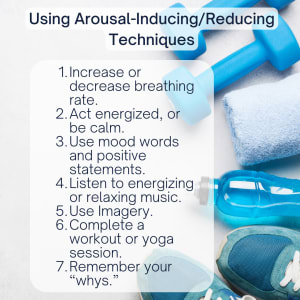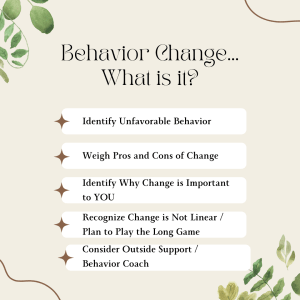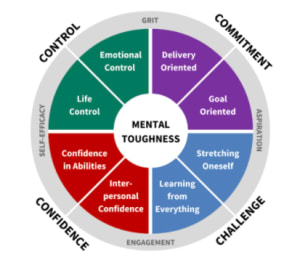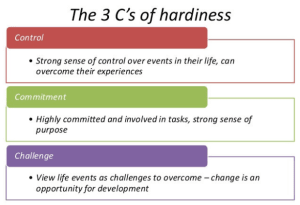
Burnout! Part 2 of 2
Tips to Avoid Burnout! Mindset Traditional belief regarding any performance-related activity has been that “more is better.” However to avoid burnout, one may want to change their mindset to “less is more.” Both the European College of Sports Medicine and American College of Sports Medicine agree that successful training requires overreaching, while avoiding excessive overload and inadequate recovery (Meeusen et al., 2013). Taking the time to rest, recover, and effectively cope before returning to a rigorous practice routine can help those who have taken a great deal of stress both physically and mentally. The Environment An environment that ....
Read more











